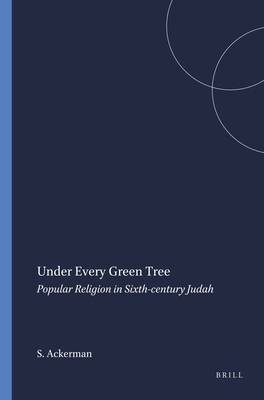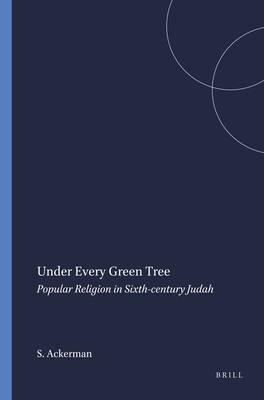
- Afhalen na 1 uur in een winkel met voorraad
- Gratis thuislevering in België vanaf € 30
- Ruim aanbod met 7 miljoen producten
- Afhalen na 1 uur in een winkel met voorraad
- Gratis thuislevering in België vanaf € 30
- Ruim aanbod met 7 miljoen producten
Zoeken
Omschrijving
"By focusing on the forms of religious expression which the sixth-century prophets condemn, we can begin to apprehend the diversity which characterized exilic religion. Moreover, by recognizing the polemical nature of the prophetic critiques and by resolving to read these critiques without prophetic prejudice and instead with a non-judgmental eye, we can place ourselves in a position to re-evaluate the traditional descriptions of the sixth-century cult. Our task, then, is to read anew; our aim is to judge afresh. With this goal in mind, we turn our attention to the major prophetic texts which will comprise our study: Jeremiah 7 and 44, Ezekiel 8, Isaiah 57, and Isaiah 65." - From the Introduction
Specificaties
Betrokkenen
- Auteur(s):
- Uitgeverij:
Inhoud
- Aantal bladzijden:
- 272
- Taal:
- Engels
- Reeks:
- Reeksnummer:
- nr. 46
Eigenschappen
- Productcode (EAN):
- 9781575069159
- Verschijningsdatum:
- 1/01/2001
- Uitvoering:
- Paperback
- Formaat:
- Trade paperback (VS)
- Afmetingen:
- 152 mm x 231 mm
- Gewicht:
- 408 g

Alleen bij Standaard Boekhandel
+ 138 punten op je klantenkaart van Standaard Boekhandel
Beoordelingen
We publiceren alleen reviews die voldoen aan de voorwaarden voor reviews. Bekijk onze voorwaarden voor reviews.








